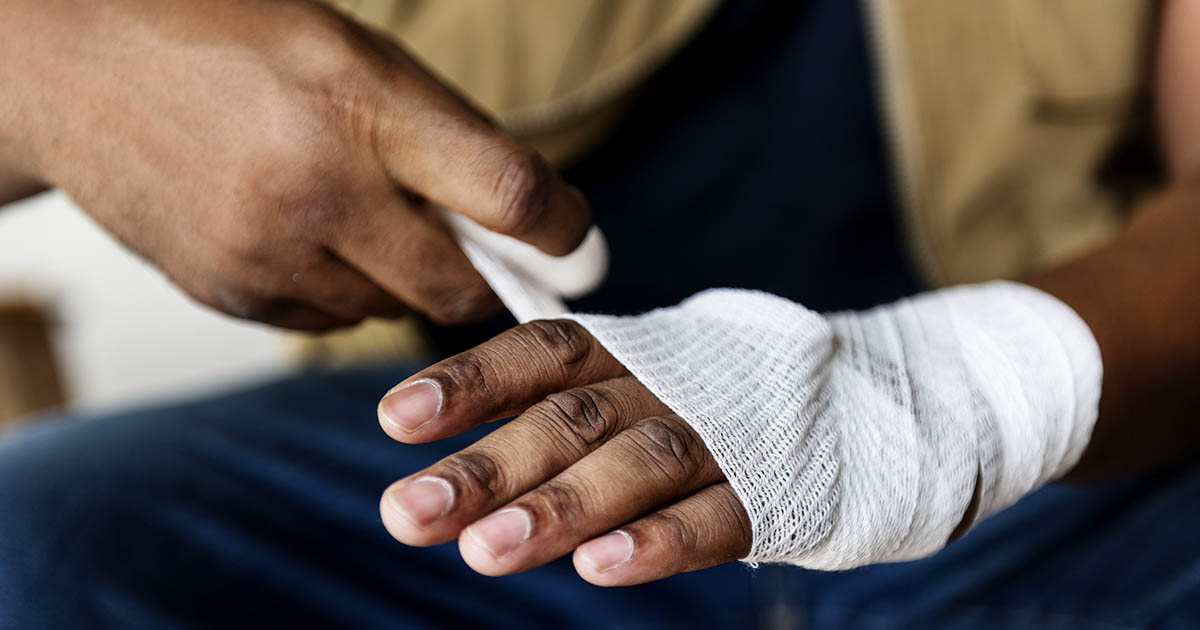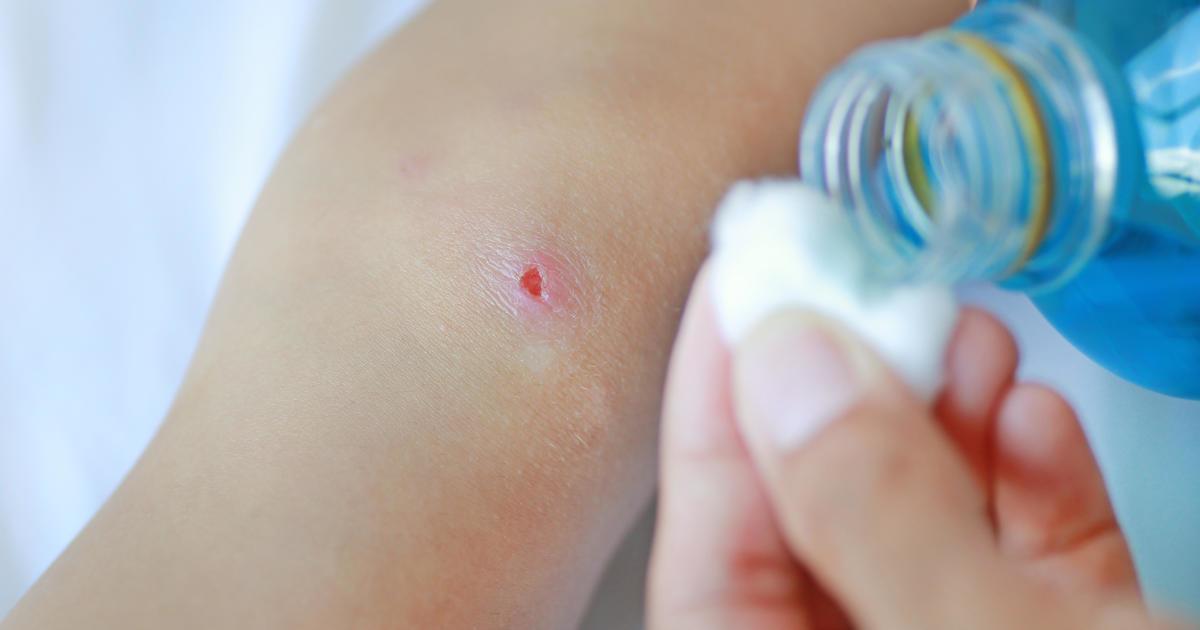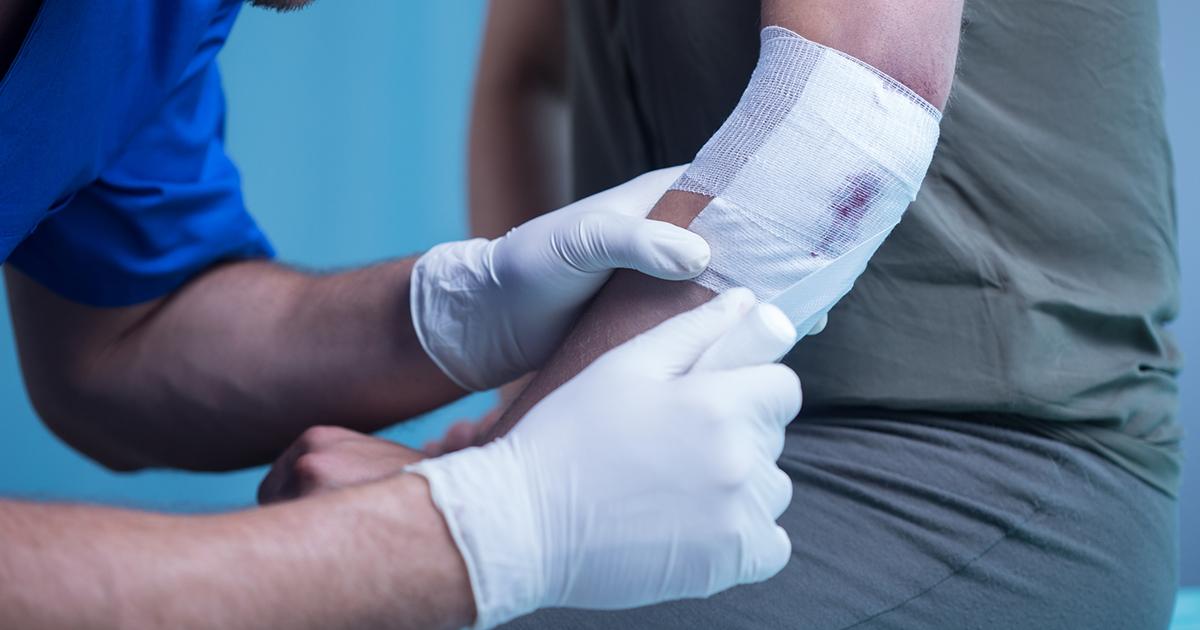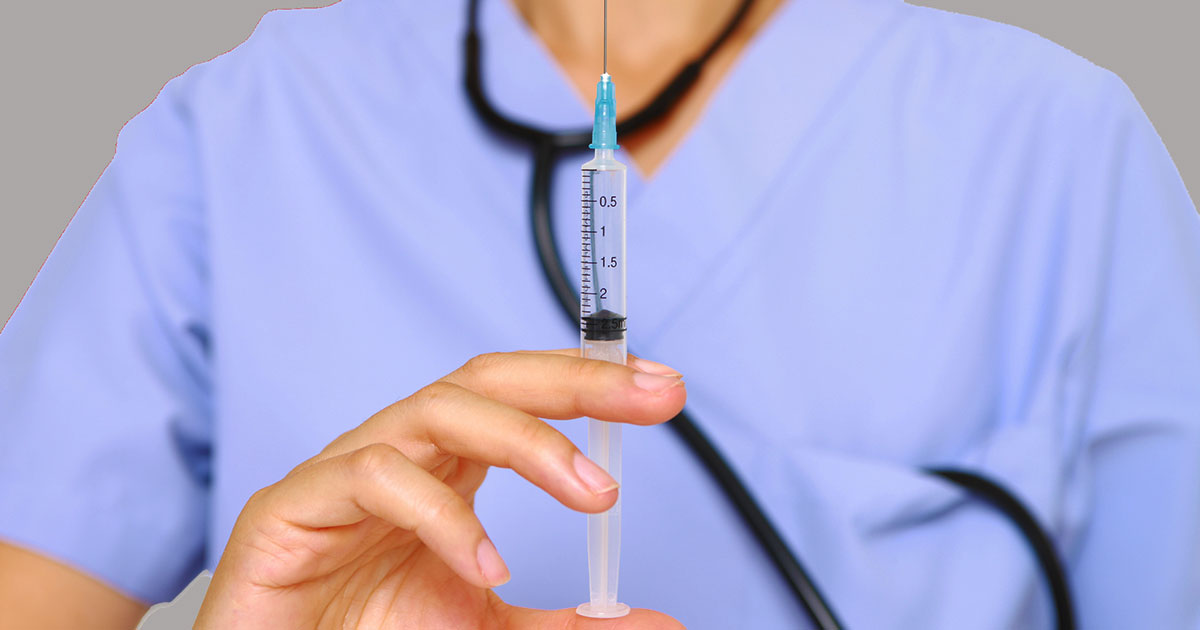How To Treat An Animal Bite
Being bitten by an animal can be a scary experience, especially if the victim is young. If an animal bite is severe, it's essential to seek emergency medical attention. Minor animal bites can typically be treated through washing and the application of antibiotic cream. Make sure any bandages you use are clean, and the wound is disinfected before being bandaged. If there's any question about the animal being rabid or having other diseases, you should go to the emergency room, as you may need to get rabies shots for your protection. Doctors should also treat animal bites if you're not sure of the severity of the injury.
Stop The Bleeding

When an animal bite breaks the skin, the first step is to stop the bleeding. Apply pressure directly to the wound until the bleeding ceases. If the bleeding doesn't stop within ten minutes after applying steady, firm pressure, you need to call 911. You should also call 911 if the bleeding is particularly severe, or if blood spurts out of the wound. These symptoms indicate the bite may have damaged an artery or other important parts of the body. If the wound is severe, you should also call 911 right away. Otherwise, apply pressure using a towel, washcloth, or other compresses. If you need to use your hand to stop the bleeding, make sure the hand in contact with the wound is clean.
Disinfect The Wound

The next step in caring for an animal bite is to disinfect the wound. After the bleeding has been staunched, make sure the area is clean. Animal mouths are dirty, and an uncleaned wound can lead to infection in the wounded area. When the bite caused a superficial scratch or wound, gently cleanse it with warm water and soap. After the cleaning, you should rinse it for several minutes. If you have the appropriate kind of cream with you (a topical antibiotic ointment), apply it to reduce your risk of getting an infection. These creams should be found in most first aid kits or medicine cabinets. If you go camping, make sure you bring a first aid kit that includes antibiotic cream in case of injuries.
Bandage Wound With Sterile Material

Once the wound is clean, the next goal on your list is to bandage the wound with sterile material. Again, if you're outdoors hiking or camping, pack sterile bandages in your first aid kit. There is a difference between a wound dressing and bandage; be sure to have both. The dressing is the compress or sterile pad you apply directly to the wound. The bandage is generally placed over the dressing to hold it. Simply put, the bandage is the sticky part, while the dressing is the softer pad. You shouldn't let the sticky portion of the bandage come into contact with the wound.
Visit A Doctor For Severe Bites

You need to visit a doctor for severe animal bites. The doctors can recommend the best follow-up treatment. They'll also determine whether you need any vaccinations against potential disease. A bite is considered severe if it causes more damage than a superficial scratch. If the animal was a stray or wild, seek emergency medical treatment regardless of how severe the injury was. If you can find the animal's owner, get information about the animal's rabies vaccinations and whether they were up-to-date. Pass this information on to your healthcare professional. In cases where the animal was wild or a stray, get in contact with animal control or your local health department as soon as possible.
Follow-Up Care To Restore Function

The severity of the injury will dictate what follow-up care to restore function is necessary. When you first go to the doctor, they'll double check the wound has been adequately cleaned. They may also numb your wound so they can examine it for deeper damage. When there was any risk of a rabies infection, you'll be referred to an anti-rabies treatment regimen. Depending on the location and size of the wound, you may also need stitches. The medical professional might require you get a booster shot or tetanus shot. For the pain, it's common for healthcare professionals to recommend over-the-counter treatments.
